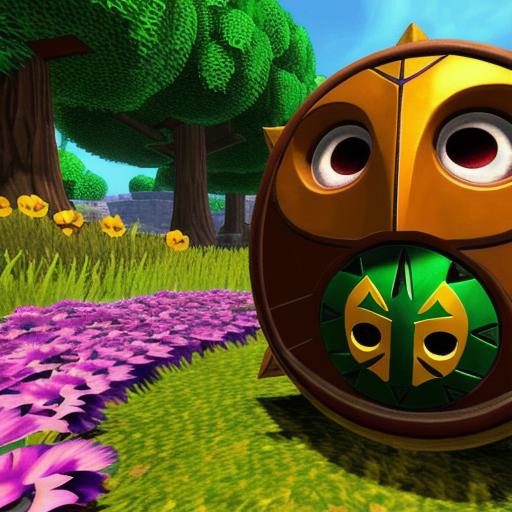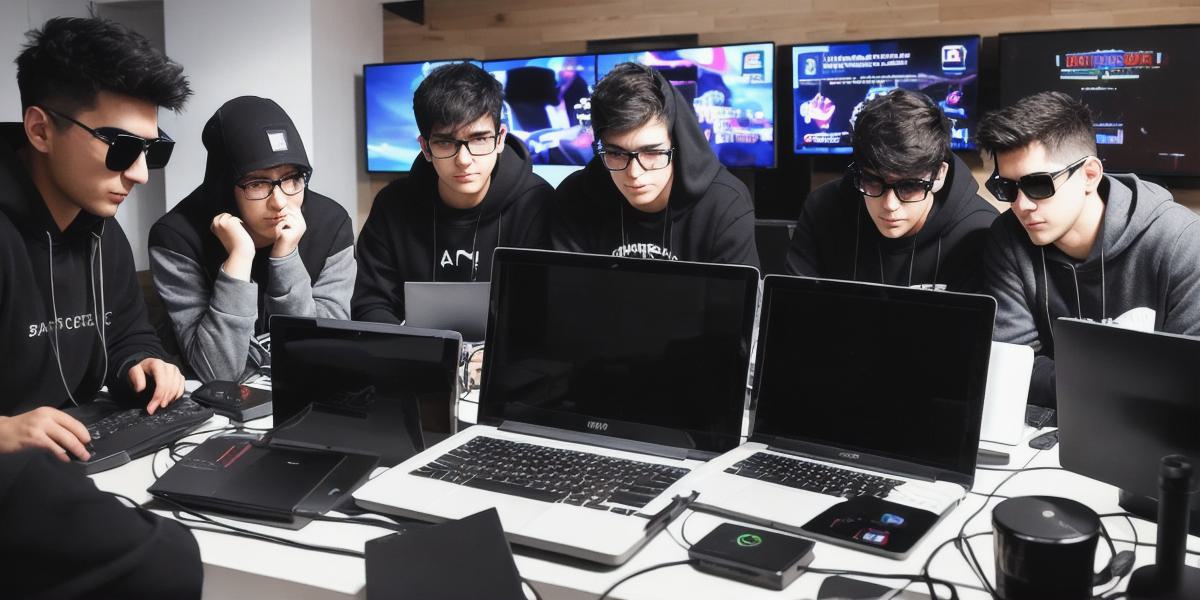As video games have evolved, so too has the world of game development. From simple pixelated affairs to complex, immersive experiences, games have become a major part of our lives. And with this evolution has come a new breed of gamers – hackers who use their skills to break into and modify games for fun and profit.
In this article, we’ll explore the world of hacking game development, delving into its history, techniques, and consequences. We’ll also examine real-life examples of successful game hacks and discuss the potential benefits and drawbacks of such activities. By the end, you’ll have a better understanding of this fascinating and sometimes controversial area of gaming.
History of Game Hacking
The roots of game hacking can be traced back to the early days of video games, when simple hacks and cheats were used to give players an advantage over their opponents or to unlock previously hidden content. These early hackers were often amateurs who tinkered with game code in search of new challenges or to explore the inner workings of a game.
As games became more complex, so too did the tools and techniques available to hackers. With the advent of modern computing and the rise of the internet, it became easier than ever for hackers to share their discoveries and collaborate on new hacks. This led to a new era of game hacking, where skilled programmers used their expertise to create elaborate mods, cheats, and hacks that transformed games into entirely new experiences.
Techniques Used in Game Hacking
There are many different techniques used in game hacking, but some of the most common include:
- Reverse engineering: This involves studying the code of a game to understand its inner workings and identify potential weaknesses or vulnerabilities that can be exploited.
- Modding: This involves creating custom content or modifying existing content within a game to create new challenges, environments, or storylines.
- Cheating: This involves using hacks or cheats to give players an unfair advantage over their opponents or to bypass game logic and progress through levels more quickly.
- Exploiting bugs: This involves discovering and exploiting errors in a game’s code to gain access to previously hidden content, cheats, or power-ups.
- Patching: This involves modifying the code of a game to fix bugs, add new features, or improve performance.
Consequences of Game Hacking
While game hacking can be fun and rewarding for both players and developers, it also has its share of consequences. Some of the most common include:
- Legal issues: Depending on the nature of the hack and the country in which it is performed, game hacking can be considered a criminal offense. This can lead to fines, imprisonment, and damage to one’s reputation.
- Damage to game balance: Hacking games can upset the balance of play, making certain challenges too easy or too difficult for players. This can result in an unbalanced and less enjoyable gameplay experience.
- Spoiling the game: Hacks and cheats can reveal hidden content or spoil the endings of games, ruining the overall experience for players.
- Corrupting the game’s integrity: Hacking games can corrupt their code, making it difficult or impossible for developers to maintain or update the game in the future.
- Negative impact on the gaming community: Game hacking can create a negative perception of the gaming community and damage relationships between players and developers.
Real-Life Examples of Successful Game Hacks

Despite the potential consequences, game hacking has produced some truly remarkable achievements. Here are just a few examples of successful hacks and mods that have transformed games into entirely new experiences:
- "The Legend of Zelda: Majora’s Mask" Mods: The modding community for this classic Nintendo 64 game has produced countless custom levels, characters, and storylines that have kept players engaged for years after the game was first released.
